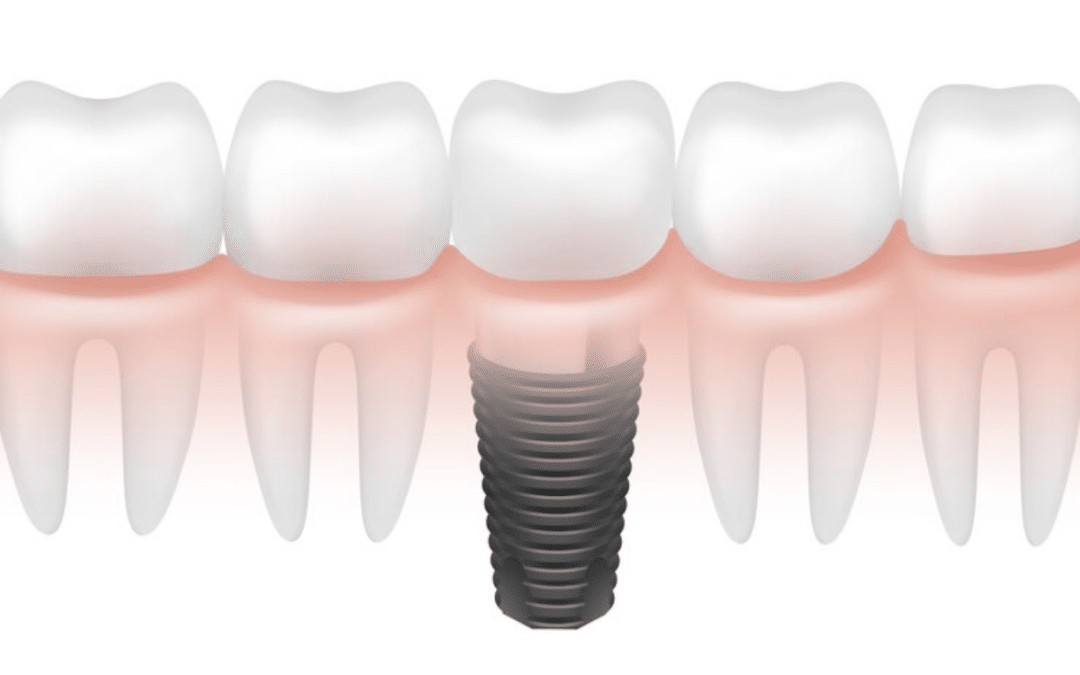When it comes to dental implants, zirconia has emerged as a popular alternative to traditional titanium. If you’re exploring options for dental implants, you might be curious about zirconia’s safety and effectiveness. Zirconia implants offer a sleek, tooth-colored solution that blends seamlessly with your natural teeth.
But how safe are they?
Zirconia implants promise a range of benefits, from superior aesthetics to high biocompatibility. But it’s essential to understand what sets them apart and whether they’re the right choice for you.
Read on to discover how zirconia implants work, their safety profile, and why they might be a compelling option for your dental restoration needs.
What Are Zirconia Implants?
Zirconia implants are a modern alternative to traditional titanium dental implants. Made from zirconium dioxide, a type of ceramic, these implants are designed to replace missing teeth with a material that closely resembles natural tooth color. Zirconia is known for its strength and durability, making it a popular choice for those seeking both functionality and aesthetics.
The manufacturing process involves high-tech techniques to ensure the zirconia is strong enough to withstand the pressures of chewing. The result is a sleek, tooth-colored implant that can blend seamlessly with your existing teeth. Unlike titanium implants, which are metal, zirconia implants offer a non-metal option for those who prefer a more natural look or have metal sensitivities.
How Safe Are Zirconia Implants?
Zirconia implants are generally considered safe and biocompatible. This means they are well-tolerated by the body and less likely to cause allergic reactions or complications. The material is highly resistant to corrosion and has a low risk of rejection compared to some other materials.
Clinical studies have shown that zirconia implants have a high success rate and can effectively integrate with the jawbone. However, as with any dental procedure, it is crucial to choose a skilled professional to ensure proper placement and care.
Benefits of Zirconia Implants
- Aesthetic Appeal: Zirconia implants are white and blend well with natural teeth, making them an excellent choice for visible areas.
- Biocompatibility: Made from ceramic, zirconia implants are less likely to cause allergic reactions and are ideal for patients with metal sensitivities.
- Durability: Zirconia is a robust material that resists fractures and can withstand the forces of chewing.
- No Metal Sensitivity: For those who have metal allergies or sensitivities, zirconia implants offer a metal-free alternative.
Comparing Zirconia and Titanium Implants
While zirconia implants offer numerous benefits, it’s important to compare them with traditional titanium implants. Titanium implants have been used successfully for decades and are known for their excellent osseointegration, meaning they bond well with the jawbone.
Zirconia Implants:
- Tooth-colored and aesthetically pleasing.
- Less likely to cause metal sensitivity.
- May have fewer studies compared to titanium implants.
Titanium Implants:
- Well-established with extensive research.
- Typically integrates well with bone.
- May be more noticeable due to their metallic color.
Choosing between zirconia and titanium implants often depends on personal preference and specific dental needs.
Potential Risks and Considerations
Though zirconia implants are safe, some considerations should be noted. Zirconia implants in Houston, TX, for instance, may have limited availability compared to titanium options. It’s also crucial to understand that while zirconia is highly durable, improper placement or lack of maintenance can affect the longevity of the implant.
Additionally, some patients might experience issues with the implant’s fit or integration with the bone. Regular follow-ups with your dentist can help ensure the implant remains in good condition and address any potential issues early.
The Procedure for Zirconia Implants
Getting zirconia implants involves several steps. Initially, your dentist will evaluate your oral health and determine if you’re a suitable candidate. If so, they’ll place the implant into the jawbone, allowing it to integrate over several months.
Steps in the Procedure:
- Consultation and Planning: Your dentist will create a treatment plan based on your specific needs.
- Implant Placement: The zirconia implant is inserted into the jawbone during a minor surgical procedure.
- Healing Period: The implant needs time to bond with the bone, usually several months.
- Final Restoration: Once healing is complete, a crown is placed on the implant to complete the restoration.
Aftercare and Maintenance
Proper care and maintenance are essential for the longevity of zirconia implants. Regular brushing, flossing, and dental check-ups will help keep your implants and surrounding teeth healthy. Avoiding hard or sticky foods can also prevent damage to the implant and ensure its long-term success.
Key Aftercare Tips:
- Brush and floss daily to maintain oral hygiene.
- Use non-abrasive toothpaste to prevent damage to the zirconia.
- Attend regular dental check-ups to monitor the condition of the implant.
- Avoid hard or sticky foods that could impact the implant.
Zirconia implants offer a safe, aesthetically pleasing alternative to traditional titanium implants. Their biocompatibility, strength, and natural appearance make them a top choice for many patients. While they have numerous benefits, it’s essential to weigh them against your personal needs and consult with a dental professional. By understanding both the advantages and considerations, you can make an informed decision that supports your long-term oral health and smile.

